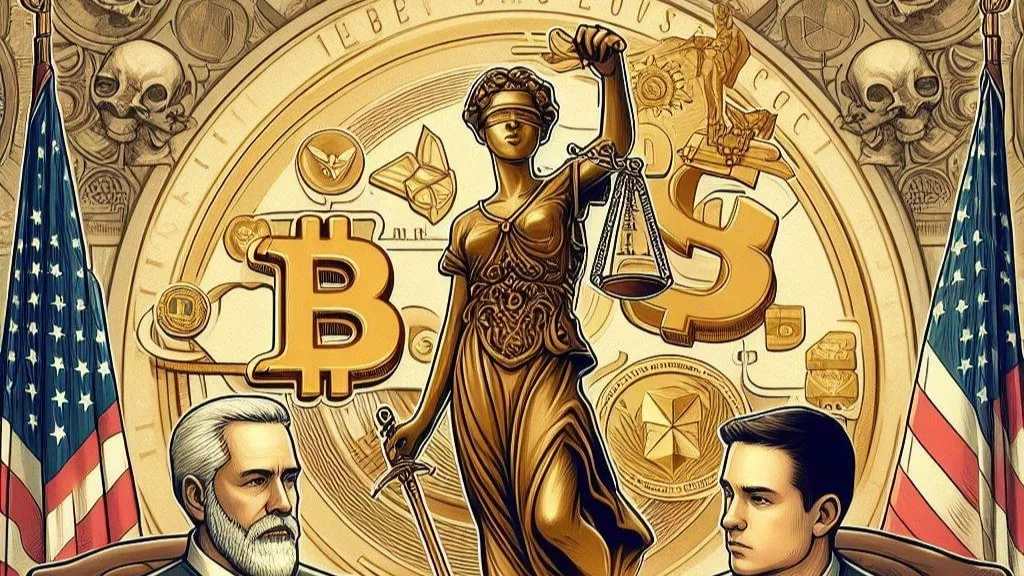
In a significant legal battle between the Securities and Exchange Commission (SEC) and Binance.US (BAM Trading Services Inc.), the crypto community is witnessing a heated dispute over regulatory compliance and operational autonomy. The focal point of this clash revolves around a discovery dispute, shedding light on the challenges faced by regulatory bodies in overseeing the rapidly evolving crypto trading sector.
The SEC is actively seeking court intervention to gain insights into the intricate relationship between Binance, the global crypto exchange, and its US-based counterpart, Binance.US, operated by BAM Trading. The regulatory body aims to unravel the mystery surrounding the control and access to customer assets and private keys, expressing concerns about being at an impasse with BAM on critical questions.
As the standoff continues, the SEC emphasizes the need for judicial oversight to navigate through the complexities of managing customer assets while ensuring adherence to regulatory directives. This legal confrontation underscores the broader contention within the cryptocurrency industry, exploring the delicate balance between regulatory compliance and the operational autonomy of digital asset exchanges.
BAM Trading, however, remains unwavering in its defense, asserting that it has exceeded its obligations by providing ‘limited’ expedited discovery in line with the Consent Order. The company contends that it has responded to the SEC’s broad requests and concerns related to asset custody, emphasizing its commitment to compliance with regulatory standards.
This defense by BAM reflects the ongoing struggle within the crypto industry to define the boundaries of regulatory compliance for digital asset exchanges operating within the United States. The tension highlights a critical moment in the evolution of regulatory oversight in the cryptocurrency space.
Adding a layer of complexity to the legal proceedings is the imminent sentencing of Binance CEO Changpeng Zhao on money laundering charges. Set to be sentenced on April 3, Zhao faces a potential 18-month prison term. This legal predicament casts a shadow over Binance’s operations and could significantly impact the outcome of the SEC’s legal challenge against the company.
The dispute between the SEC and BAM brings to the forefront the broader challenges faced by regulatory bodies in defining and enforcing rules in the dynamic and decentralized realm of cryptocurrencies. It signifies a pivotal moment for the industry, prompting a reevaluation of regulatory frameworks to ensure a delicate balance between fostering innovation and protecting investors.
As the legal wrangling continues, the crypto community anxiously awaits the resolution of this high-stakes battle, which could set precedent for how regulatory bodies engage with digital asset exchanges. The outcome of the SEC’s pursuit for clarity in the Binance.US saga may shape the future of crypto regulation, influencing how companies navigate compliance challenges while maintaining operational autonomy.
In conclusion, the SEC’s quest for transparency in the Binance.US dispute highlights the challenges and opportunities in regulating the evolving crypto landscape. The intersection of legal complexities, regulatory tensions, and impending sentencing creates a narrative that captivates the attention of the entire cryptocurrency community. As the industry witnesses this unfolding drama, the implications for the future of crypto regulation remain uncertain, making this a defining moment for both regulators and market participants.
Get the latest Crypto & Blockchain News in your inbox.